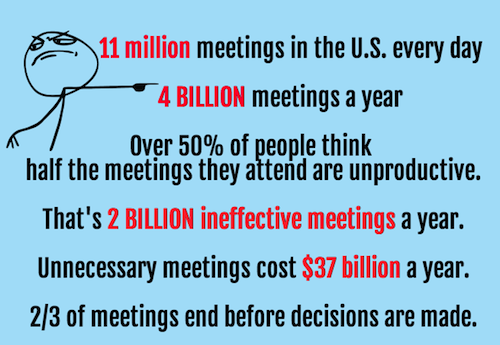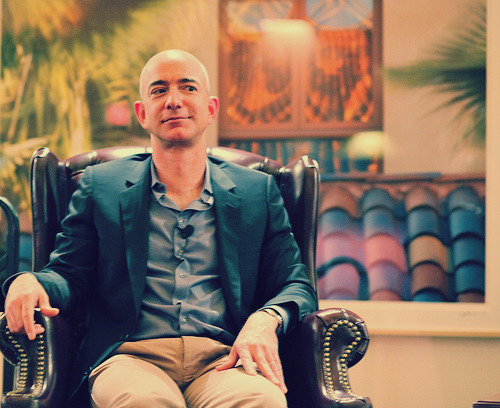Anyone who’s ever had to return ill-fitting clothes bought online knows how disappointing and annoying the whole process is. The two-year-old Swedish startup, Virtusize, solves that problem with a sizing application placed on product pages of online stores such as the British retailer ASOS.

Inspired by seeing how top sellers on eBay provided detailed specifications, the founders of Virtusize realized they could help shoppers buy clothes on the web with the right size and fit by comparing measurements to garments they already own. This simple yet handy service, currently used by customers in over 100 countries, is reducing fit-related returns by up to as much as fifty percent.



 Before your relaxing weekend, check out some of the best of what we shared on the interwebs this week:
Before your relaxing weekend, check out some of the best of what we shared on the interwebs this week:
 Look at this tough guy! Now look at the best of what we shared on the interwebs this week:
Look at this tough guy! Now look at the best of what we shared on the interwebs this week:


 Friday link love! Catch up with the best of what we’ve shared on the interwebs this week:
Friday link love! Catch up with the best of what we’ve shared on the interwebs this week: